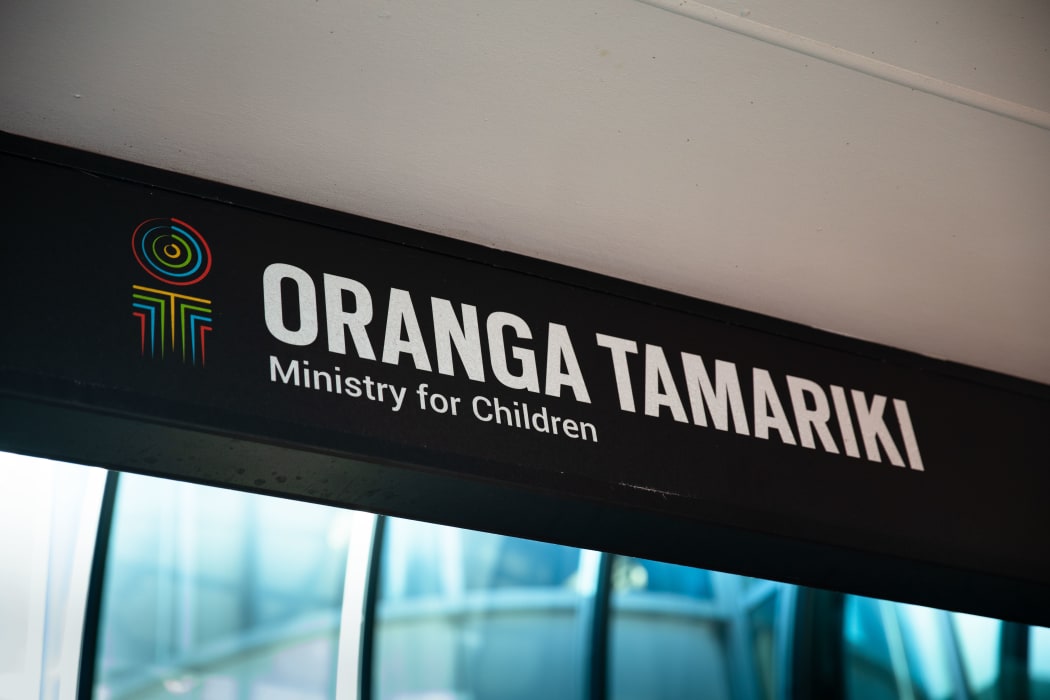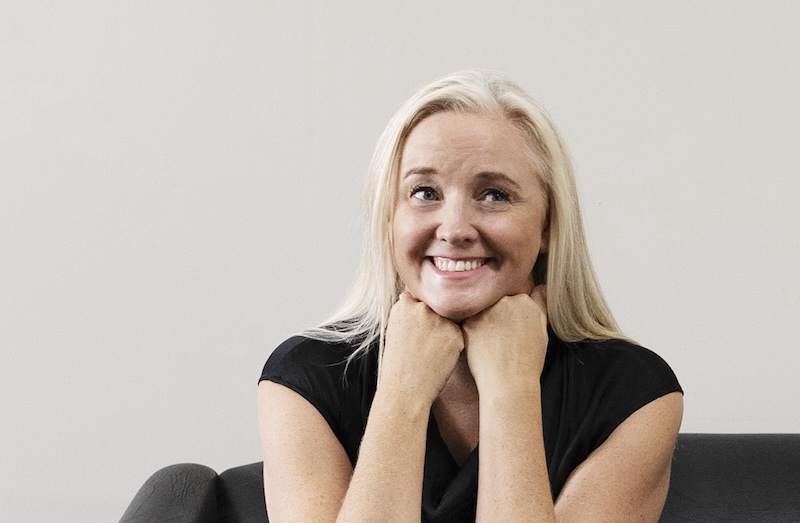Oranga Tamariki has admitted multiple failings today at the Royal Commission of Inquiry into Abuse in Care.
Oranga Tamariki’s chief executive said the state did sometimes not believe reports of abuse, or follow them up.
Photo: RNZ / Angus Dreaver
The ministry says the state did not stop abuse and did not meet the basic needs of youth, between 1950 and 1999.
Chappie Te Kani (Ngāti Porou, Te Aitanga a Mahaki, Tūhoe, Ngāti Maniapoto, Rongowhakaata) became Oranga Tamariki chief executive last year.
Today he acknowledged historically, children had been abused by caregivers, staff and other state wards – emotionally, physically and sexually.
Te Kani said the state did not believe reports of abuse sometimes, or follow them up.
“This means there were incidents that were not appropriately investigated, which contributed to a lack of accountability for those perpetrators, and an increased risk of abuse and other forms of harm continuing or reoccurring. This failure also added to the trauma already suffered.”
The care system did not meet children’s basic needs, especially those with mental health problems and disabilities, Pāsifika, and tangata whenua, Te Kani said.
“I acknowledge that the care and protection system between 1950 and 1999 failed to consistently and meaningfully ensure the cultural needs of tamariki Māori were met.”
Oranga Tamariki also conceded today, because of poor data collection, the true number of Pāsifika and Māori who have been in state care would never be known.
The ministry’s chief social worker, Peter Whitcombe, acknowledged there had been repeated reviews into Oranga Tamariki’s problems.
“We have not gone far enough yet and have certainly not fulfilled the aspiration and intent of Puao-te-Ata-Tū and the Treaty obligations.”
Deputy chief executive Nicolette Dickson conceded trust problems between Māori and Pākehā involved in state care, remained.
“There’s certainly evidence of that occurring and continuing to occur at times.”
Some evidence was met with disappointment by a survivor in the public gallery.
While the chief executive was outlining changes to transform Oranga Tamariki – there was a vocal response, calling on him to “tell the truth”.
Chappie Te Kani had been telling the room the Oranga Tamariki Action Plan was “designed to achieve better outcomes for tamariki and rangatahi and whānau, empower staff to excel, enable local approaches and lead across the system”.
Another survivor, Te Aroha Knox (Tainui, Ngāpuhi), was watching today’s hearing from Nelson.
She was glad to see the state accept mistakes, but her heart remains set on the national apology and redress, the government is preparing.
“The proof is in the pudding,” she said.
“We’re about recovery now.”
Oranga Tamariki is giving evidence for another two days.



















Discussion about this post